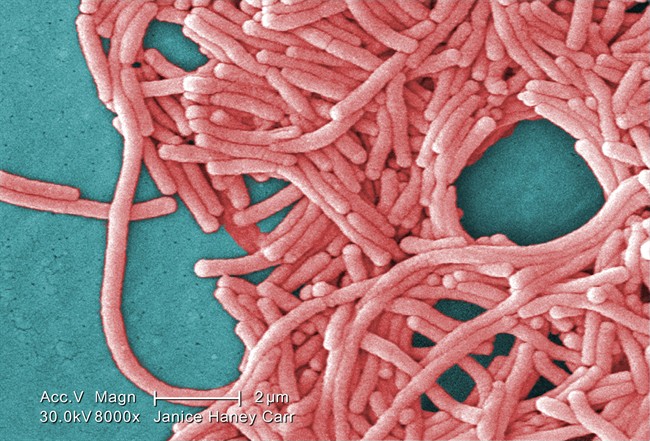Public Health in Nova Scotia says a local hospital could be the source of a Legionnaire’s disease outbreak in the New Glasgow area.

The province announced last week that they were investigating a number of legionella infections at Glen Haven Manor and in the surrounding area. As of Thursday, there were nine confirmed and 20 unconfirmed cases in the area.
In a release Thursday, the province said Public Health has identified a water cooling tower at the Aberdeen Hospital, located next to the nursing home, as a “possible site where Legionella has grown.”
“While awaiting final test results, the cooling tower has been shut off out of an abundance of caution,” the release said.
“Nova Scotia Health proactively carried out additional cleaning on the Aberdeen Hospital cooling tower including chlorination which generally is an immediate resolution,” said Bethany McCormick, Nova Scotia Health’s vice-president of operations for the northern health zone, in the release.
“We will continue to collaborate with partners and follow the guidance of Public Health as we work through this.”
The release said there is a “very low health risk” associated with visiting the hospital.
“It is important to note that Legionella cannot be spread from person to person and not from drinking tap water,” it said.
“The source of most Legionella infections is breathing the mist or vapor from a contaminated water source, such as evaporating cooling systems, hot tubs, and decorative water features. Legionella is also present in soil and freshwater environments and grows in specific warm temperature ranges.”
Those at higher risk for illness include those over 40, people who smoke and/or people who have chronic health conditions. The disease can be treated with antibiotics when diagnosed early.
Those in the New Glasgow, Trenton and Stellarton area are asked to watch for symptoms, which include fever, chills, dry cough, muscle aches, headache, loss of appetite and diarrhea.




Comments